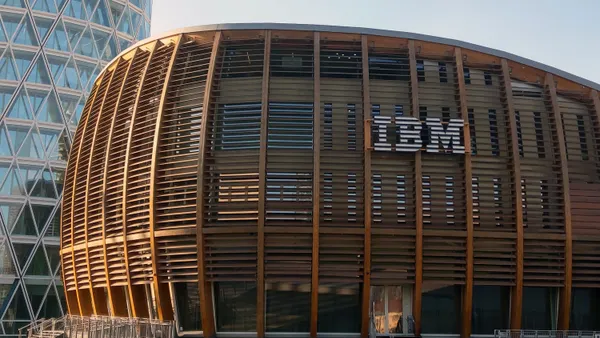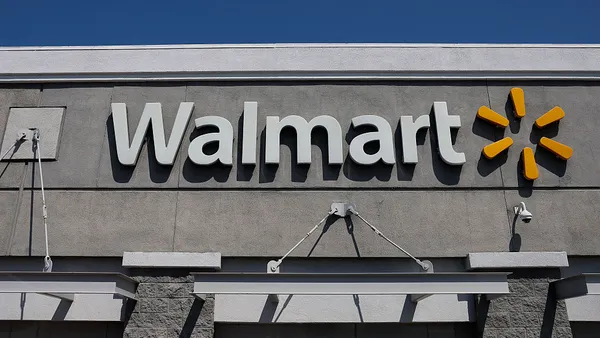Dive Brief:
- Nine in 10 restaurant operators, owners or managers believe technology adoption has been critical for survival throughout the COVID-19 pandemic, according to a "Global State of the Hospitality Industry" report from Lightspeed. Almost half of full-service operators and more than one-third of quick-service operators feel new technology is key for their businesses.
- Restaurants are also warming up to the idea of using automation technology to fill labor gaps, with 50% of U.S. operators planning to deploy this technology in the next two to three years.
- It's becoming crucial for restaurants to deploy technology solutions that ease labor pressure. The quit rate among hospitality workers has reached 6.8%, more than double the national average, and full-service restaurants are operating with 6.2 fewer kitchen employees than they were in 2019, according to the Bureau of Labor Statistics.
Dive Insight:
The staffing shortage coincides with reports from most American restaurant workers (62%) that guests are more demanding than ever, the Lightspeed report found.
It creates a major problem for an industry struggling to maintain service quality with fewer workers. In the U.S., 41% of operators say they are working with less staff than they need, and 48% of global operators report they have struggled to retain staff during the pandemic.
One-third of C-suite executives across industries are turning to automation to help ease hiring, especially in areas where the technology can eliminate redundant tasks, West Monroe research found. Many major restaurant chains are investing in robots to keep operations running smoothly despite the labor crunch:
- White Castle recently expanded burger-flipping kitchen robot Flippy to several locations, freeing up employees for other tasks.
- Saladworks has deployed Chowbotics' robot Sally
- McDonald's is piloting automated drive-thru ordering
- Chick-fil-A is testing robot delivery
Restaurants are deploying advanced technology to overhaul the consumer experience. Wendy's is partnering with Google Cloud to rethink the drive-thru experience, deploying AI and ML to "create the smart restaurant of the future," the companies said this week. The restaurant will also use the provider's data analytics and hybrid cloud tools in a bid to improve customer experience.
One in three companies are planning large investments in AI technologies over the next two years, with the majority planning to increase AI funds at a moderate or fast pace next year, Gartner research found.
The principle roadblock is adoption challenges, particularly around AI's immaturity. More than 40% of Gartner respondents say emerging AI applications are either in development or in the early stages of adoption.












